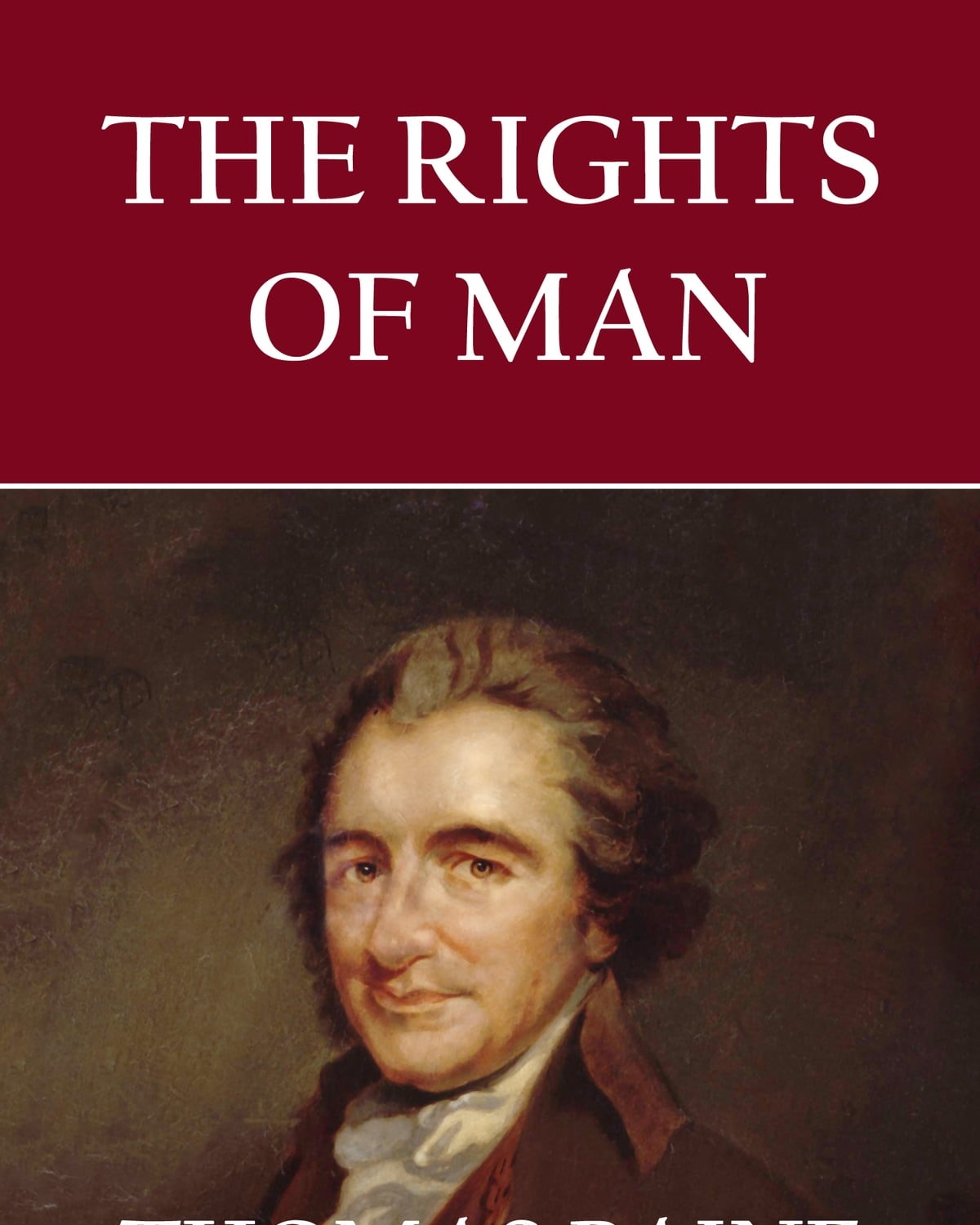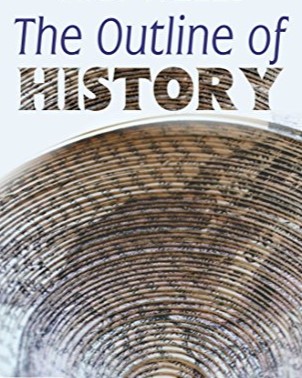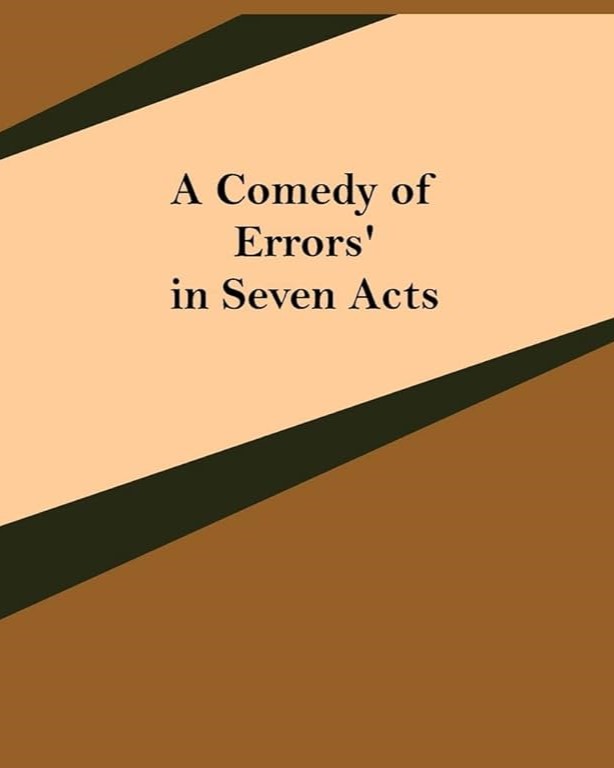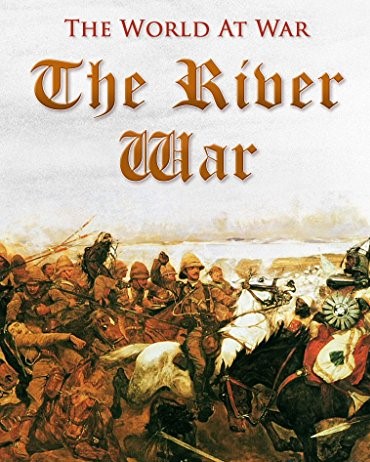Description
“The Rights of Man,” written by Thomas Paine and first published in 1791, is a seminal work in political literature. This influential book was penned as a response to Edmund Burke’s “Reflections on the Revolution in France,” defending the French Revolution and articulating the fundamental principles of human rights and democracy. Paine’s passionate advocacy for individual liberty, equality, and the inherent rights of citizens resonated deeply during political upheaval and continues to be relevant in discussions of human rights and democratic governance today. This comprehensive overview delves into the key themes, historical Context, and lasting Context of “The Rights of Man.”
HistoricContextext: “The Rights ofContextmerged during significant political change and social unrest. In the late 18th century, he witnessed the American Revolution, which profoundly influenced Paine, who was actively involved in the fight for independence. Inspired by the success of the American cause, Paine turned his attention to Europe, where the French Revolution was unfolding. The book was written against this revolutionary fervor, with Paine seeking to counter Burke’s conservative critique and advocate for the principles underpinning the French Revolution.
Key Themes and Arguments:
- Natural Rights: Paine asserts that all men are born with inherent natural rights that cannot be surrendered or taken away. These rights include life, liberty, property, and the pursuit of happiness. He emphasizes that governments are instituted to protect these rights, and any government that fails to do so loses its legitimacy.
- Equality and Social Justice: A cornerstone of Paine’s argument is the belief in equality and social justice. He condemns hereditary privilege and aristocracy, advocating for a society where individuals are judged based on merit rather than birth. Paine’s vision is a more egalitarian society where opportunities are accessible to all and social mobility is possible.
- Republicanism and Democratic Governance: Paine champions republicanism, where the government is a representative democracy serving the people’s will. He criticizes monarchies and hereditary rule as inherently unjust and incompatible with the principles of liberty and equality. Instead, he advocates for a government based on popular sovereignty and the rule of law.
- Critique of Burke: A significant portion of “The Rights of Man” is dedicated to rebutting Edmund Burke’s arguments. Paine systematically dismantles Burke’s defense of the British monarchy and aristocracy, arguing that Burke’s position is reactionary and out of touch with ordinary people’s aspirations. Paine’s writing is a passionate defense of the French Revolution and a broader critique of conservative political thought.
Impact and Legacy: “The Rights of Man” had a profound effect both in its time and subsequent centuries. The book was widely read and distributed, becoming a rallying cry for reformers and revolutionaries. Paine’s ideas contributed to the spread of democratic ideals and influenced various political movements, including voting and civil rights campaigns. His arguments laid the groundwork for modern human rights discourse, emphasizing human rights’ universal and inalienable nature.
Despite facing persecution for his radical views, including a trial for sedition in Britain, Paine’s work endured. “The Rights of Man” remains a foundational text in political philosophy and continues to be studied for its bold advocacy of democracy, human rights, and social justice.





Angela –
Thomas Paine’s ‘The Rights of Man’ is a timeless masterpiece that eloquently articulates the principles of liberty, equality, and justice. Paine’s passionate defense of human rights and condemnation of tyranny resonates as powerfully today as it did during the tumultuous era of the French Revolution. A must-read for anyone interested in the history of political thought and the ongoing struggle for freedom and democracy.
Kazeem –
Reading ‘The Rights of Man’ was a transformative experience for me. Paine’s clarity of thought and moral conviction shine through every page, making a compelling case for the inherent rights of every individual. His critique of monarchy and advocacy for representative government are as relevant in our modern age as they were in the 18th century.
Habibu –
Paine’s lucid prose and unwavering commitment to the principles of freedom and equality make this book a timeless classic. His impassioned defense of human rights serves as a powerful reminder of the values we should cherish and defend. Whether you’re a student of history, a political activist, or simply a lover of great literature, ‘The Rights of Man’ deserves a place on your bookshelf.
Patricia –
Thomas Paine’s ‘The Rights of Man’ is a revolutionary manifesto that continues to inspire and provoke thought centuries after its publication. Paine’s vision of a society founded on principles of justice and equality remains as relevant today as it was during the Enlightenment. His call to arms against oppression and tyranny serves as a rallying cry for all who seek to create a more just and humane world.